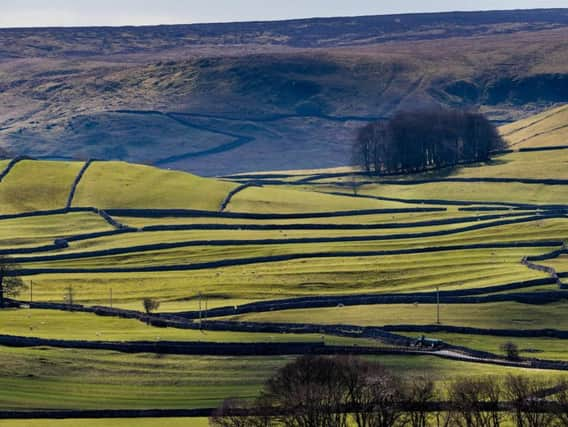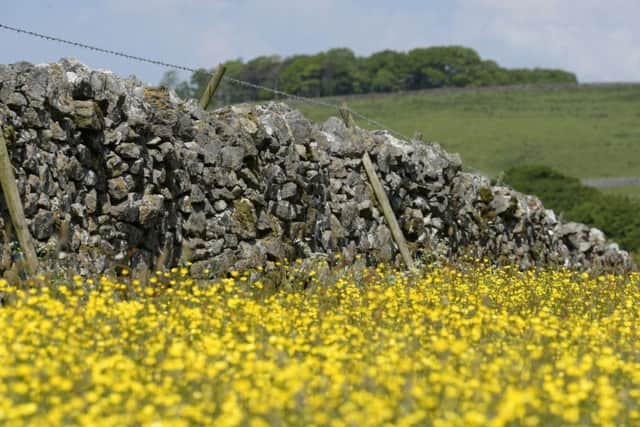'Yorkshire Dales landscape impacted by environmental farm payment scheme failures'
This article contains affiliate links. We may earn a small commission on items purchased through this article, but that does not affect our editorial judgement.


The situation is beginning to impact upon the landscape and wildlife of the Yorkshire Dales National Park, it guardians said.
Nearly a fifth of all farms in the Dales have not been entered into an agri-environment deal after their previous five-year agreements ended.
Advertisement
Hide AdAdvertisement
Hide AdBy not having signed up to a revised Countryside Stewardship scheme, farmers are typically missing out on £10,000 per year.


Launched four years ago, the scheme offered “few attractive options” for upland farmers to be rewarded for specific land management measures.
As a result, there has been almost a 20 per cent fall in the amount of land across all of England’s National Parks under agri-environment agreements since, figures from Natural England show.
In the Dales, more than 30 per cent less land is in an agreement, 31 per cent less in the North York Moors and 20 per cent less in the Peak District - the highest reductions among the country’s 10 National Parks.
Advertisement
Hide AdAdvertisement
Hide AdHelen Keep, senior farm conservation adviser at the Yorkshire Dales National Park Authority, said: “The difficulties with Countryside Stewardship have pushed some farmers, who were already struggling to make a living, towards more intensive land management in order to fill the financial gap.
“This is starting to have an impact on both the landscape and wildlife of the National Park.
“If we are not careful, we could be left with islands of biodiversity rather than a connected network.”
Advertisement
Hide AdAdvertisement
Hide AdNational Parks England called on the Government to “protect the future of farming”. It wants previous ‘higher level’ stewardship schemes to roll-over on farms that are still signed up to one.
It also calls for a review of the Countryside Stewardship scheme and for all 10 National Parks to pilot a future Environmental Land Management Scheme that has been proposed to replace farm payment schemes in a phased approach between 2021 and 2027.
Advertisement
Hide AdAdvertisement
Hide AdMargaret Paren, chairman of National Parks England, said: “We must act now to ensure we do not see environmental damage to our most treasured landscapes as land comes out of agri-environment agreements.
“We need to secure a viable future for our farmers that combines high-quality food production with provision of public goods such as better biodiversity and high-quality landscapes.”
Park leaders in the Dales added that the Countryside Stewardship scheme had improved each year since it was first launched in 2015 and urged farmers to look at it again when the next application window opens in early 2020.
The Yorkshire Post has approached the Department for Environment, Food and Rural Affairs for comment.